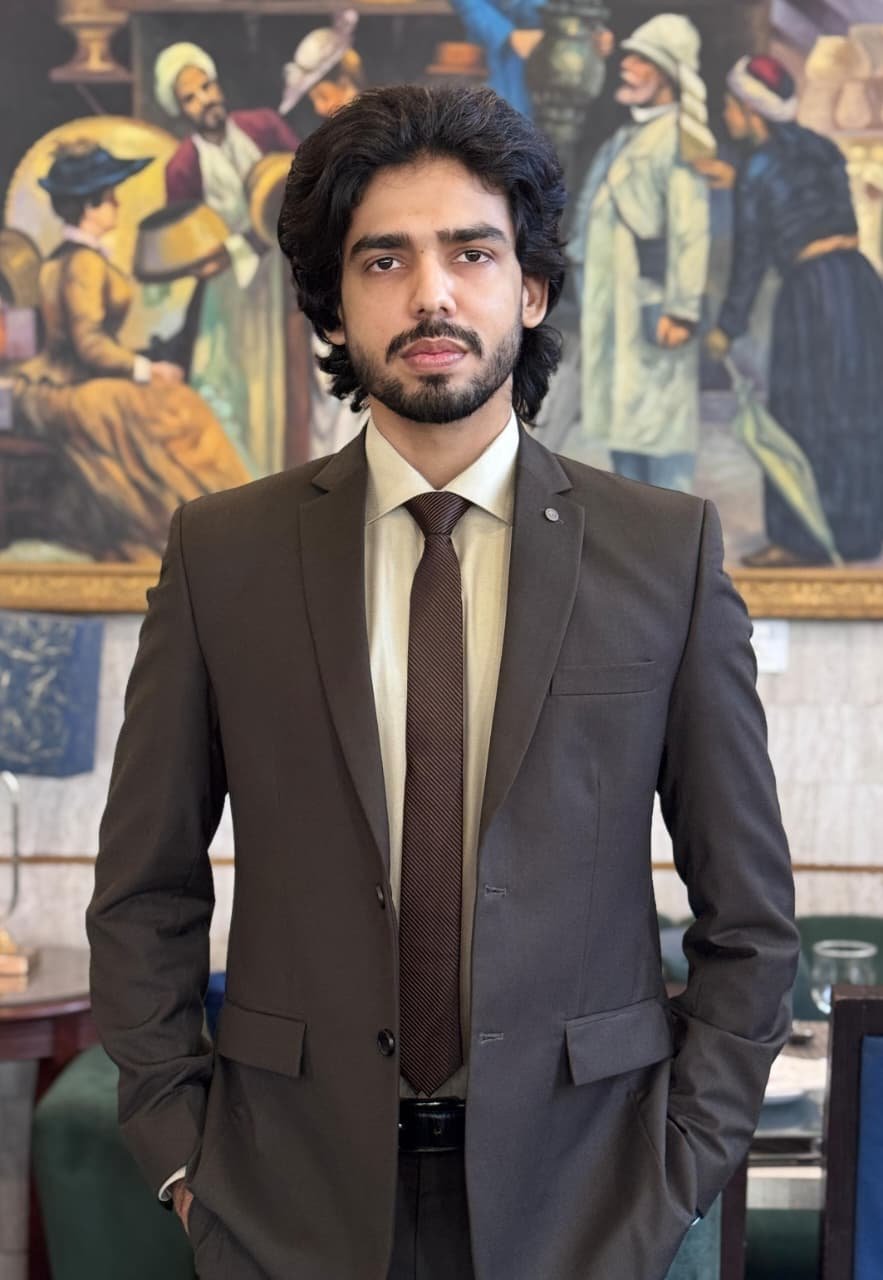Sajjad Munir
Introduction
The Punjab Center of Excellence on Countering Violent Extremism Act 2025 (Act LIII of 2025) marks an important legislative milestone in Pakistan’s struggle against radicalization, hate narratives, and extremist violence. The law envisions a research-driven institution dedicated to studying root causes of violent extremism (VE), crafting evidence-based strategies, and assisting government and society in preventing terrorism and intolerance.
Republic Policy, as a progressive federalist think tank that believes in the supremacy of Articles 1 to 7 of the Constitution, the centrality of fundamental rights, and the vibrancy of democratic freedoms, views this Act as a significant step forward—but one that requires careful scrutiny, accountability, and citizen inclusion to realize its transformative potential.
Strengths of the Act
- nstitutionalization of Counter-Extremism Research The Act establishes a dedicated Center in Punjab, ensuring CVE is not left to ad hoc policy responses. By prioritizing research, fellowships, and technical expertise, it creates an evidence-based foundation for policymaking.
- Holistic Mandate From tackling online radicalization and hate speech to working with faith-based organizations and media, the Center’s functions acknowledge that extremism is not only a security challenge but also a social, cultural, and ideological one.
- Integration with Global Standards The Act emphasizes coordination with international entities, FATF compliance, and best practices. This strengthens Pakistan’s credibility in global forums and reinforces obligations under international law.
- Youth, Women, and Minorities The inclusion of socio-economic mainstreaming programs for marginalized groups signals an understanding that exclusion and inequality are drivers of extremism. This aligns with Republic Policy’s rights-based framework.
Democratic and Federalist Concerns
While the Act provides a robust framework, Republic Policy identifies several concerns:
- Centralized Control The Board is dominated by senior executive officials (CM, ministers, secretaries, IG Police). Civil society, academia, and community voices are absent. Without grassroots inclusion, the Center risks becoming bureaucratic rather than participatory.
- Civil Liberties and Human Rights The Act’s broad definitions of “extremism” and “violent beliefs” could be misused. Without explicit constitutional safeguards, there is a risk of suppressing dissent, student activism, or minority political expression under the guise of CVE.
- Federal-Provincial Balance Counter-extremism is a national issue. Punjab’s unilateral establishment of a Center, though within provincial powers, needs coordination with other provinces and the federation. Otherwise, fragmented approaches may undermine national coherence.
- Transparency and Accountability The Act provides for annual reports and audits but does not guarantee public access. Democratic oversight—through provincial assembly debates, civil society input, and media scrutiny—is essential to prevent abuse of power.
Republic Policy’s Evaluation Republic Policy evaluates the Act positively for its intent and comprehensive design but insists that its legitimacy will rest on:
Constitutional Anchoring: Any CVE framework must align with fundamental rights (Articles 8–28) and avoid extra-legal practices.
Democratic Participation: Extremism is a societal problem, not just a security issue. Communities, educators, journalists, and religious leaders must have equal space in shaping the agenda.
Rule of Law: No power under the Act should bypass judicial review. Citizens accused under CVE frameworks must retain due process rights.
Federal Harmony: A national coordination mechanism is essential, ensuring Punjab’s model complements, rather than duplicates or contradicts, efforts in Sindh, KP, and Balochistan.
Key Recommendations
- Expand the Board of Governors Include civil society representatives, academia, women activists, minority leaders, and youth delegates. This would democratize decision-making and enhance legitimacy.
- Define “Violent Extremism” Narrowly The Act should clearly distinguish between violent conduct and non-violent political dissent. This will prevent the misuse of CVE provisions against lawful activism or opposition voices.
- Ensure Transparency The Center’s annual reports must be tabled not only in the provincial assembly but also made publicly accessible online. Parliamentary committees should regularly review its performance.
- Human Rights Training Every CVE program—whether with police, teachers, or media—should integrate human rights, constitutional protections, and non-discrimination principles. Extremism cannot be countered by curtailing freedoms.
- Community-Based Programs The Center must prioritize grassroots programs: peace education in schools, dialogue with ulema, media literacy campaigns, and youth empowerment projects in rural and urban areas.
- Regional and International Cooperation Punjab’s Center should work with federal bodies, other provinces, and regional networks (e.g., SAARC, OIC) to exchange knowledge and avoid duplication.
- Financial Independence with Oversight While the Act creates a Fund, safeguards are needed against political manipulation. Contributions and donations should be audited independently and disclosed publicly.
Broader Context: Extremism in Pakistan
Pakistan’s history shows that violent extremism thrives in conditions of inequality, authoritarianism, and misuse of religion. Previous counter-terrorism strategies often relied on hard power alone, neglecting structural reforms. The CVE Act represents a shift toward soft power and preventive strategies, but success will depend on whether it embraces democracy rather than centralization.
Republic Policy believes Articles 1–7 of the Constitution—federalism, sovereignty of the people, and fundamental rights—are the true foundations for countering extremism. Extremism cannot be countered by force alone; it must be defeated through democracy, education, equality, and justice.
The Punjab Center of Excellence on Countering Violent Extremism Act 2025 is a bold and necessary intervention. It recognizes that terrorism is fueled by narratives of hate, radicalization, and exclusion. However, its promise will be realized only if it remains accountable to democratic institutions, respects human rights, and involves citizens as partners rather than subjects.
Republic Policy endorses the spirit of the Act but calls for reforms to broaden participation, strengthen rights protections, and ensure transparency. By doing so, Punjab can set a model for the federation: a rights-based, democratic, and constitutional approach to countering violent extremism—one that strengthens the republic rather than weakens it.
















